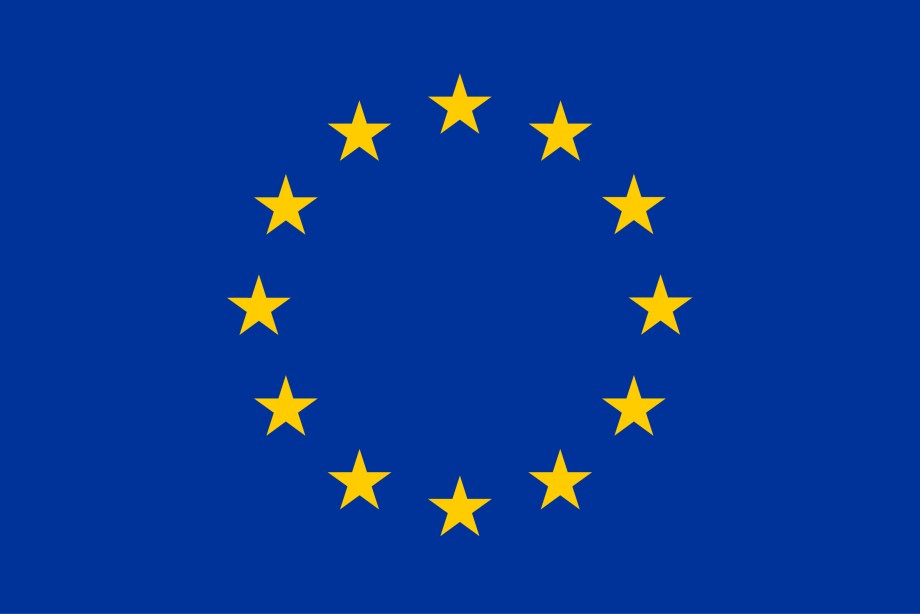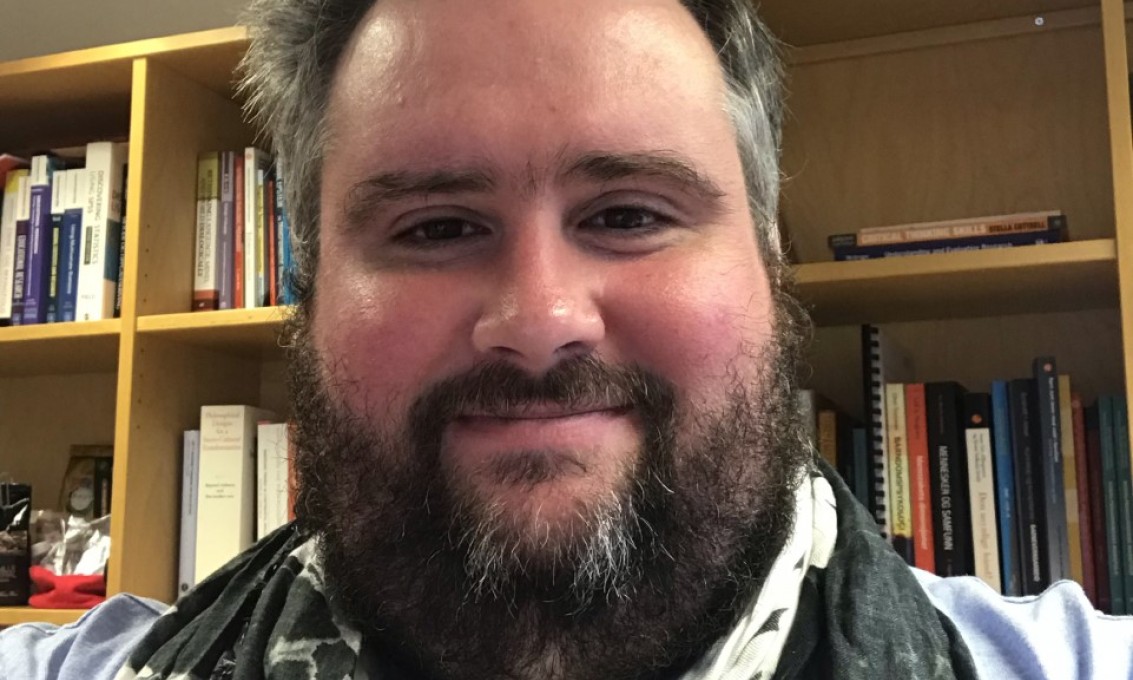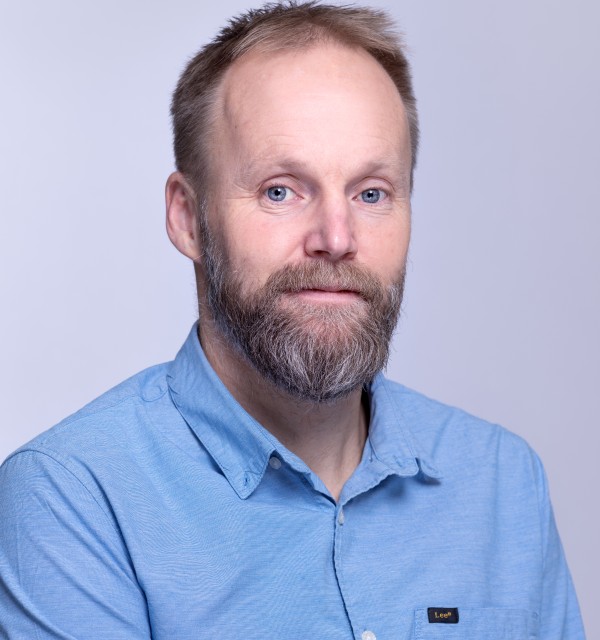By developing a new joint curriculum of PhD courses, candidates will be better equipped in areas of innovation and science.
The new joint curricula of the PhD skills courses developed in ISPAS will contribute to equipping PHD candidates with skills and competences needed for a successful career in and outside of academia.
About the project
The ISPAS project addresses the recommendations expressed in the EU’s New Skills Agenda and Modernisation Agenda. The recommandations are related to reinforcing tools, resources, and guidance in education, training, employment, and other learning settings to support people in managing their lifelong learning pathways. In the case of ISPAS, our proposed activities are aimed to support PhD candidates. Basing on the collaboration between academic and non-academic partners from Italy, Spain, Bulgaria, and Norway, ISPAS’ overall objective is to develop a new joint curriculum of PhD courses. The curriculum will take place in both academic and non-academic surroundings to equip PhD candidates from the STEM Sciences, Medical Sciences, Social Sciences, Arts and Humanities with competences and skills in the areas of open innovation and open science. This will facilitate PhD candidates’ employment after graduation in and outside of academia.

This project has received funding from the European Union’s Horizon 2020 research and innovation programme under grant agreement No 101006544


